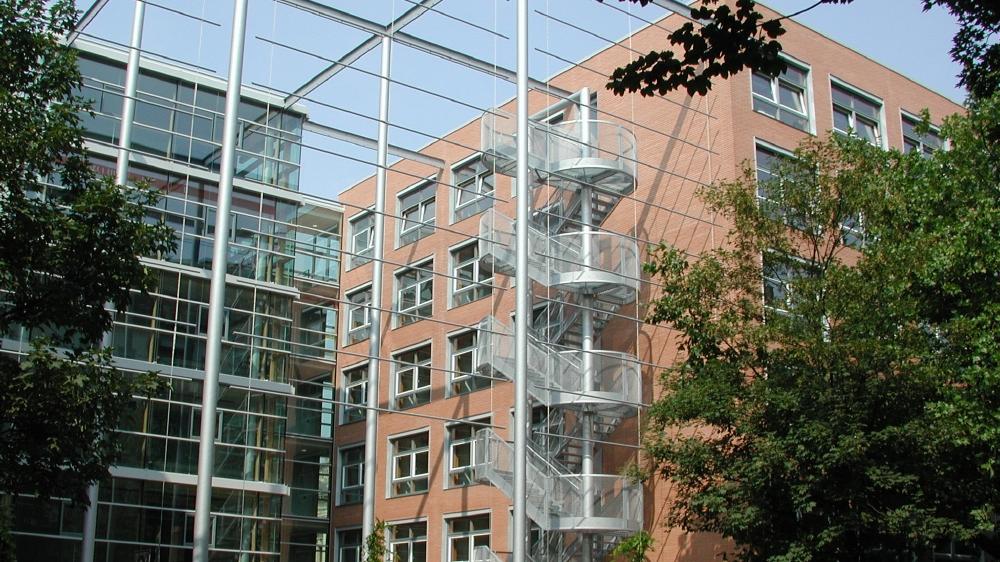The IALT is continuing a tradition of language mediator training in Leipzig, which began more than 60 years ago. The institute won great renown through the “Leipzig School of Translation Studies” connected with names such as Albrecht Neubert, Otto Kade, and Gert Jäger. The institute in its present form came into being in 1999 after several restructurings, especially during the post-reunification period.
The Institute of Applied Linguistics and Translatology (IALT) is part of the Faculty of Philology at the University of Leipzig. It offers a bachelor’s programme in translation, master’s programmes in conference interpreting and translatology as well as the Structured Doctoral Programme in Translatology and Applied Linguistics. A dual degree can be earned through the binational master’s programme Specialist Translation Arabic/German, offered by Ain Shams University in Cairo and the University of Leipzig where IALT is cooperating with the university’s Institute of Oriental Studies.
The languages that can be studied within IALT’s translation programmes are English, French, Spanish, and Russian. In the winter semester of 2010, Galician and Catalan were added to the list. With the opening of the Basque department in the summer semester of 2013, the range of languages was further expanded and is unique in Germany.
Cooperations with other institutes of the university and other higher-education institutions in Leipzig as well as worldwide have made it possible for IALT to not only offer this array of languages, but also the chance for students to enhance their competence in cultural studies and non-philological fields such as engineering and law.
In addition to language-mediator training based on a sound translatological foundation, the institute also focuses on the linguistics of specialized texts, technical writing, the evaluation of translation quality, translation didactics, and variety linguistics.
Curricula at IALT are characterized by practical relevance, application of modern technologies and relevant software as well as a focus on comprehensive linguistic, technical, and cultural competencies. More than 600 students benefit from this focus and experience – and we know from experience that these students will have very good job chances upon graduation.
